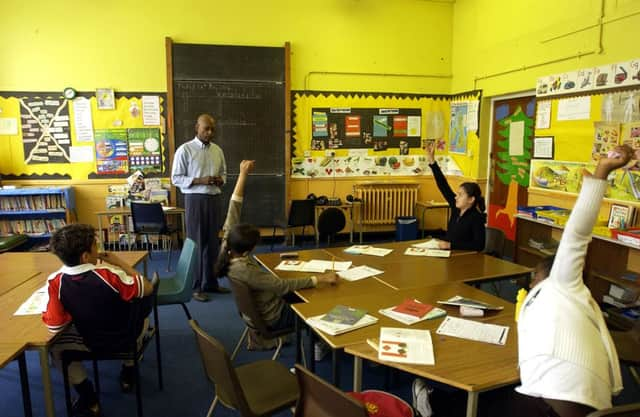Religious influence on state schools '˜could be curtailed'
This article contains affiliate links. We may earn a small commission on items purchased through this article, but that does not affect our editorial judgement.


Religious representatives have a legal right to places on local authority education committees, but some churches fear this role will be diminished under new “regional collaboratives” planned to shake up school governance.
John Swinney announced last month plans for regional education boards to provide key support for schools, something which is missing in many areas at the moment.
Advertisement
Hide AdAdvertisement
Hide AdHeadteachers will also be handed broad new powers both over the way pupils are taught and the teachers working in their classrooms under the reforms.
It is understood there are no plans to hand religious figures roles on these bodies, with government sources stressing they will be made up of “experienced and talented educators”, The Times reports.
David Robertson, minister at St Peter’s Free Church in Dundee and a former moderator of the Free Church of Scotland, said religious figures should be given places on the new regional collaboratives to maintain the status quo.
Scots law currently ensures at least three places on local education committees for religious nominees, which reflects the historical roots of the education system north of the border.
The Reformation of 1560 led to a drive for a ‘school in every parish’, with the Kirk paying for teachers and buildings.
This system led to Scotland having one of the highest literacy rates in the world at a time when few other countries had a nationwide system of education.
But secularists claim the rule is undemocratic in the 21st century and out of step with modern Scotland, where church attendances have plummeted in the last 50 years.
A Church of Scotland spokesman told The Times it was looking forward to discussions about the regional collaboratives but added that local democratic oversight in education should not be eroded.